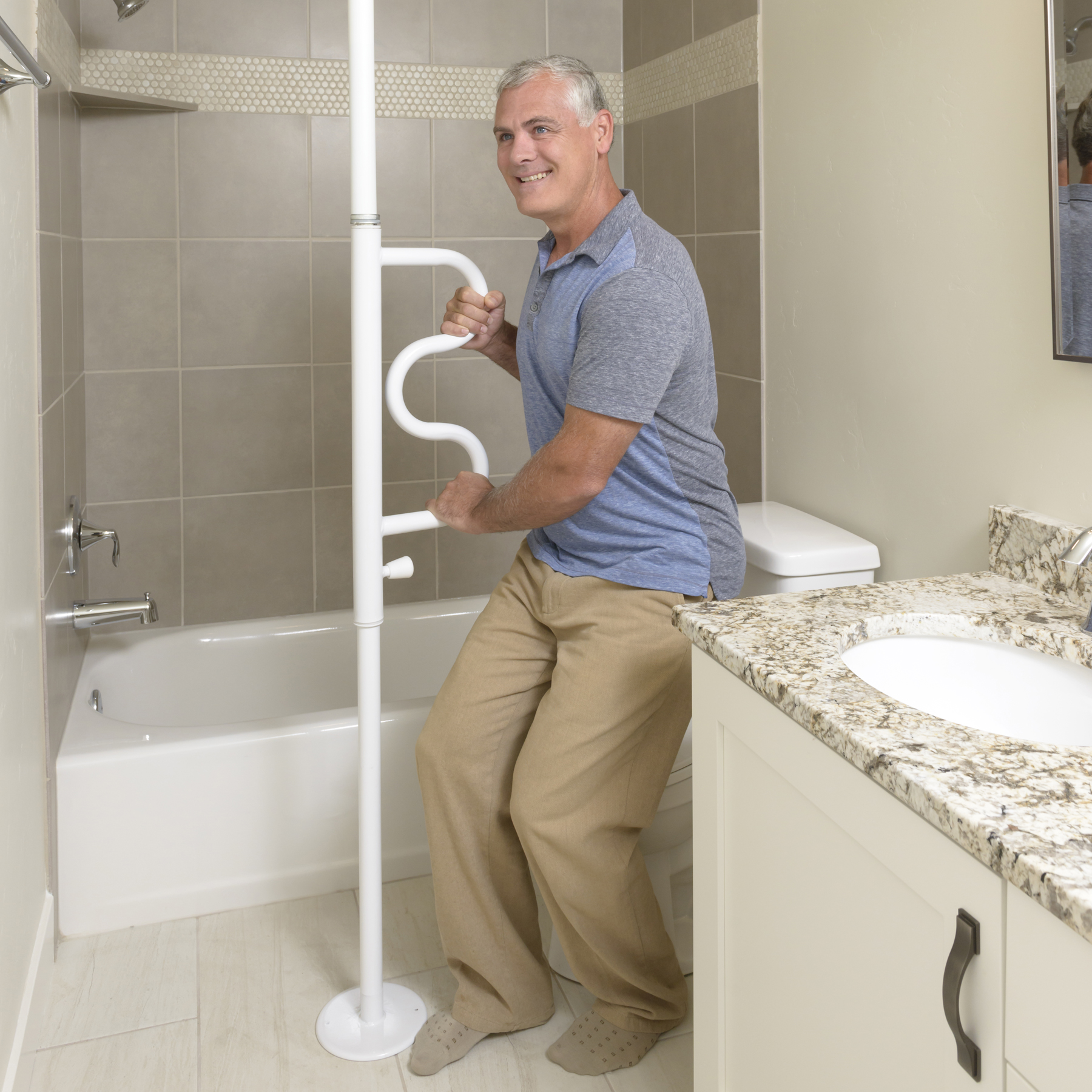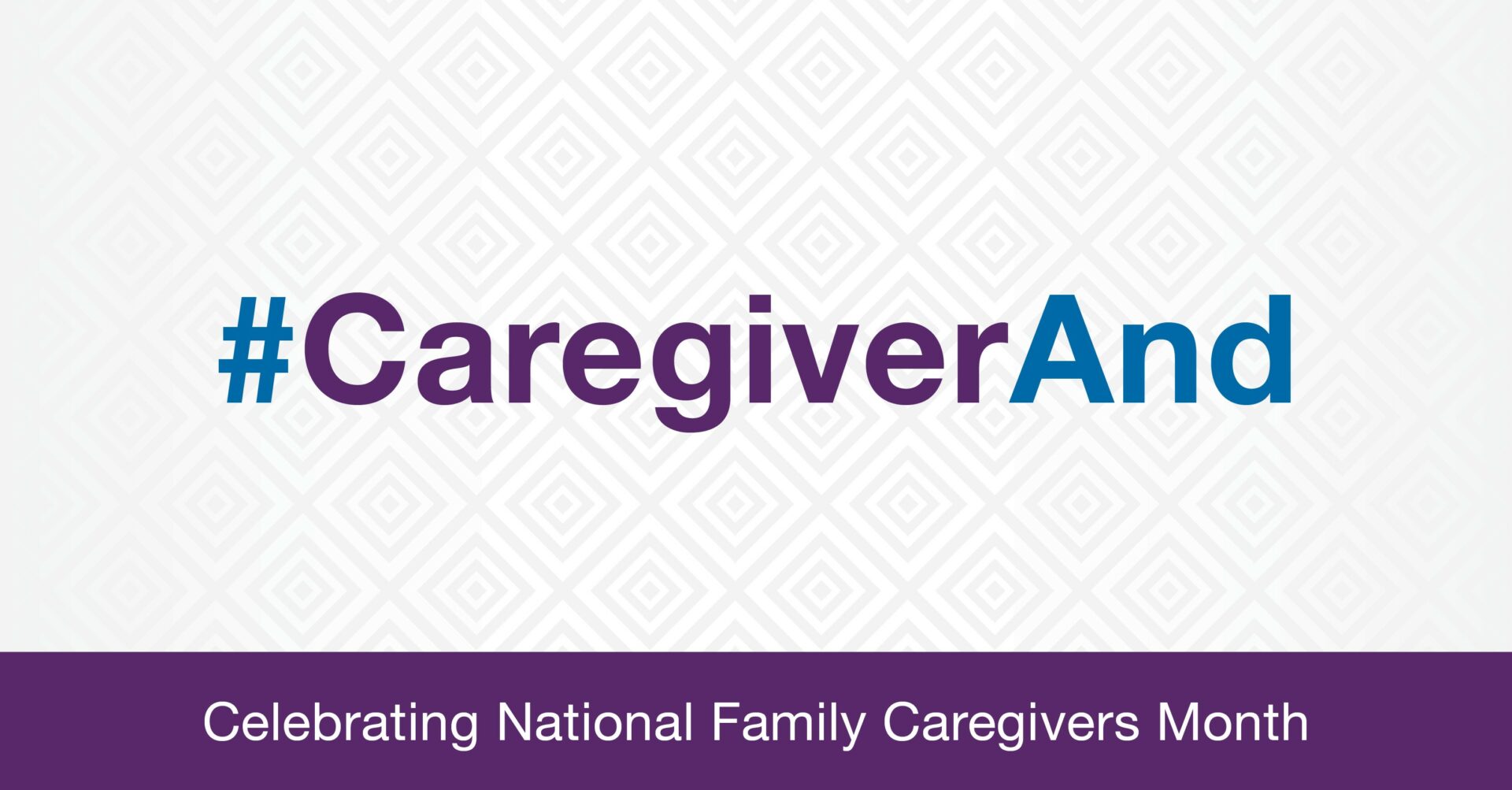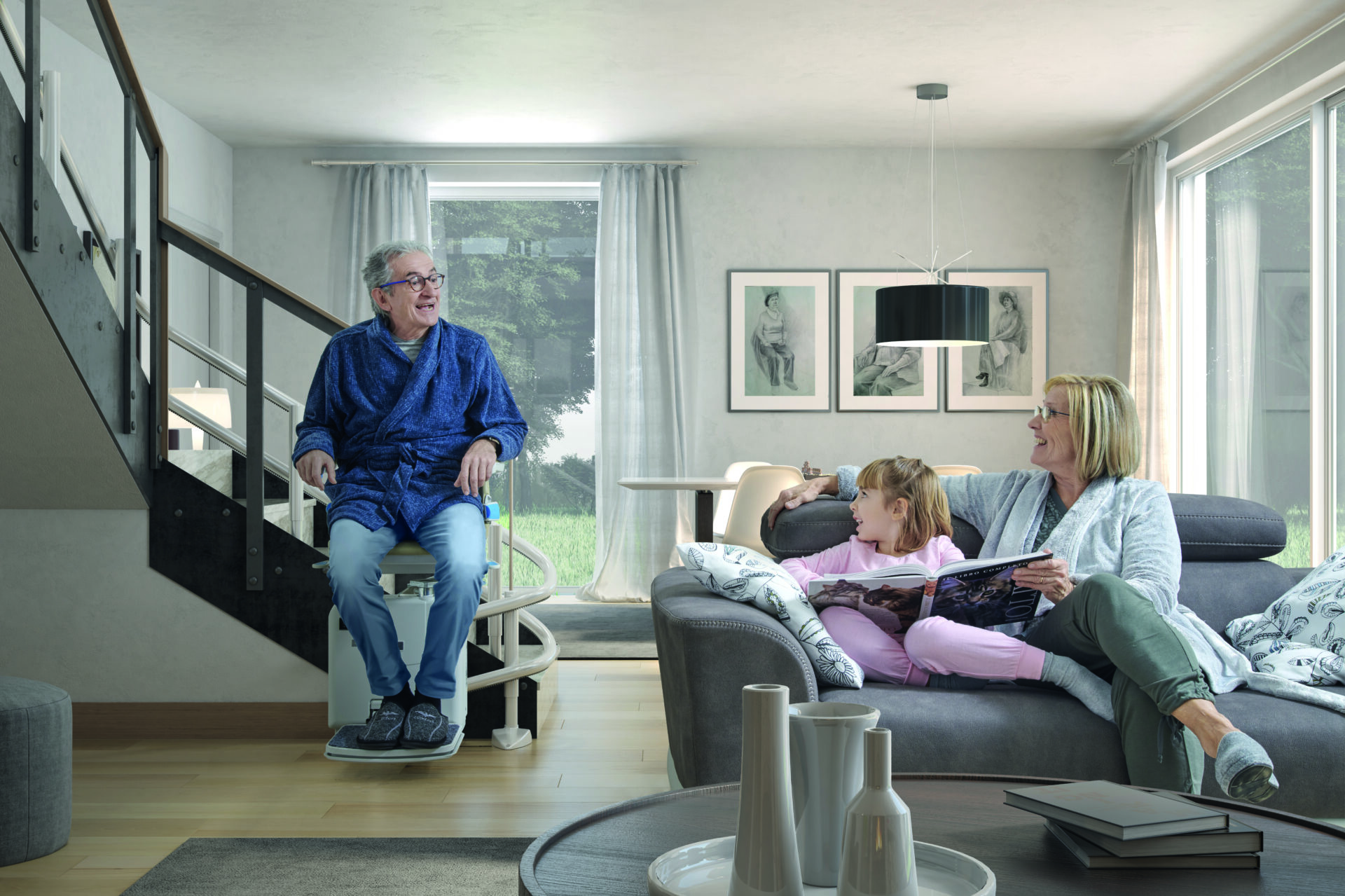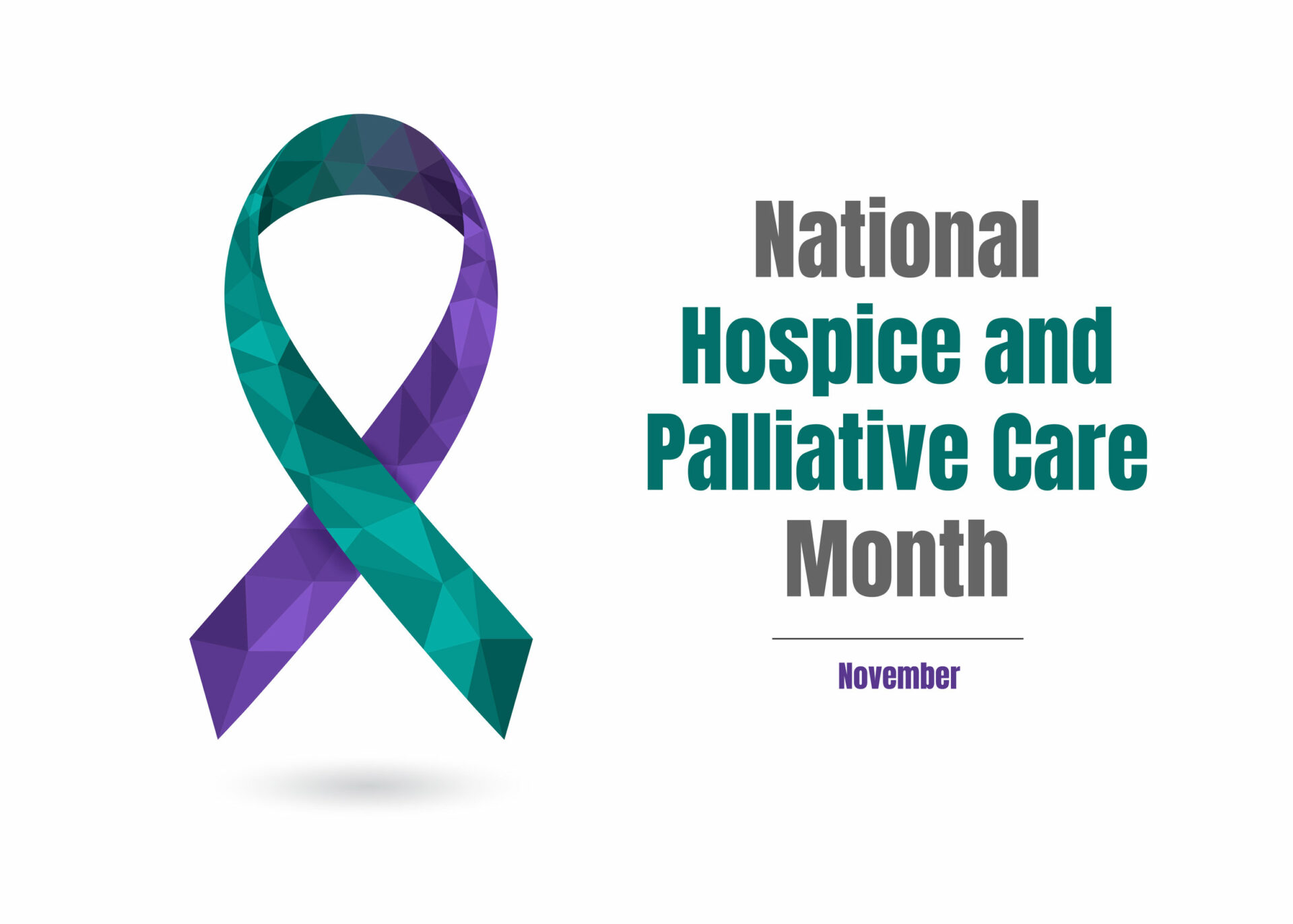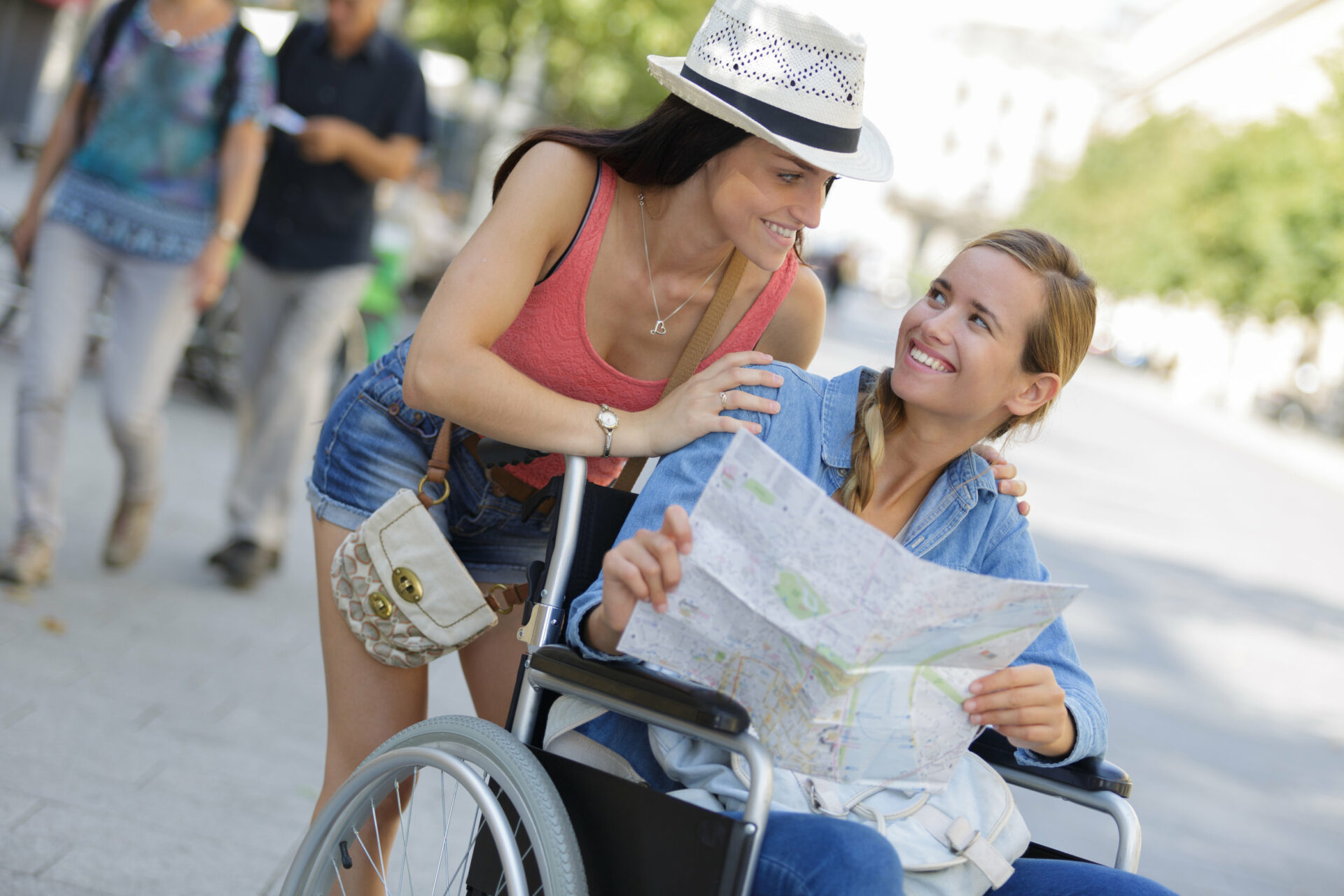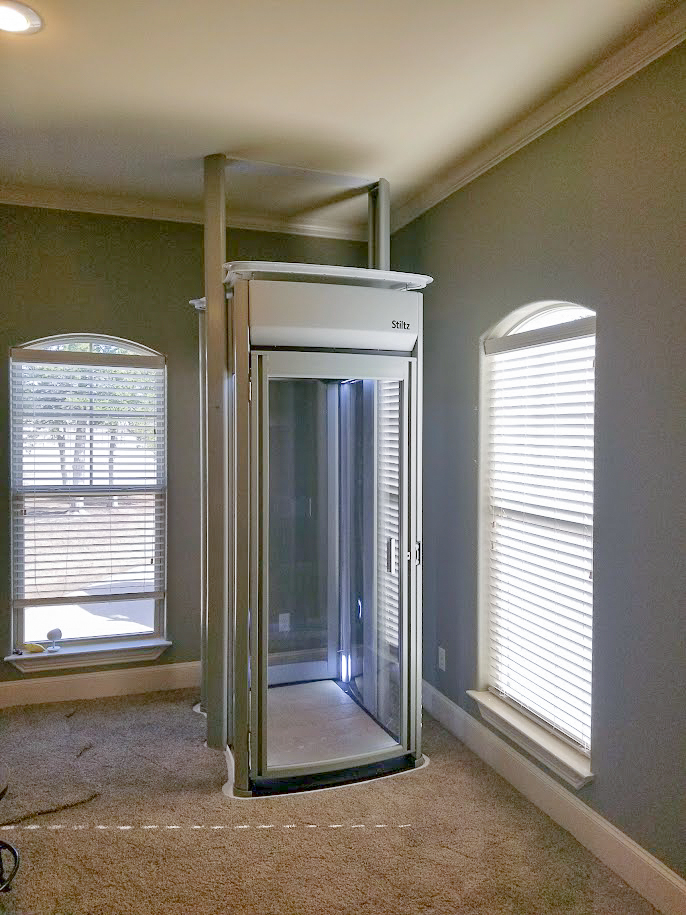One of the biggest priorities of caregivers and family members is keeping our loved ones safe and healthy. When it comes to caregiving aids, Next Day Access understands even the simplest product has a difference in comfort, safety, and independence. Transfer poles are only one of many solutions designed to make life easier for both individuals.
What are transfer poles?
A transfer pole is a floor-to-ceiling grab bar. They provide safe and secure support for sitting, standing, or transferring a loved one to their mobility device. It can reduce slipping or falling in the bathroom, bedroom, or even the living room.
Types of transfer poles
If you have trouble deciding which transfer pole will best accommodate your loved one or patient, our accessibility experts can help you choose. Here are some of the options we offer:
Stander Security Pole and Curve Grab Bar
The Stander Security Pole and Curve Grab Bar is a 2-in-1 safety solution combined with a transfer pole and a rotating grab bar. The grab bar has a 360 degrees rotation with a lock feature in eight different spots every 45 degrees. And no worrying about drilling holes in your ceiling because it is tension mounted. It secures in place by tightening the pole between the floor and ceiling.
HealthCraft SuperPole
We also offer the Healthcraft SuperPole. Designed like the security pole, it helps with standing, transferring, or moving in bed. However, the installation is different. The bottom of the pole has a jackscrew, which turns to create pressure between the ceiling and floor.
HealthCraft SuperPole with SuperBar
HealthCraft also offers the SuperPole with SuperBar. It is the same as the SuperPole but with an attached horizontal bar. It provides more stability and support for those who need more assistance anywhere in the home. Both the pole and bar have foam grips to make it more comfortable and prevent slippages on the hands.
Whichever pole you decide, it will make a difference in your and your patient’s life. The transfer pole creates a safer and more independent lifestyle for both of you. Let Next Day Access help you guide your decision. Contact us for a free in-home safety consultation.





